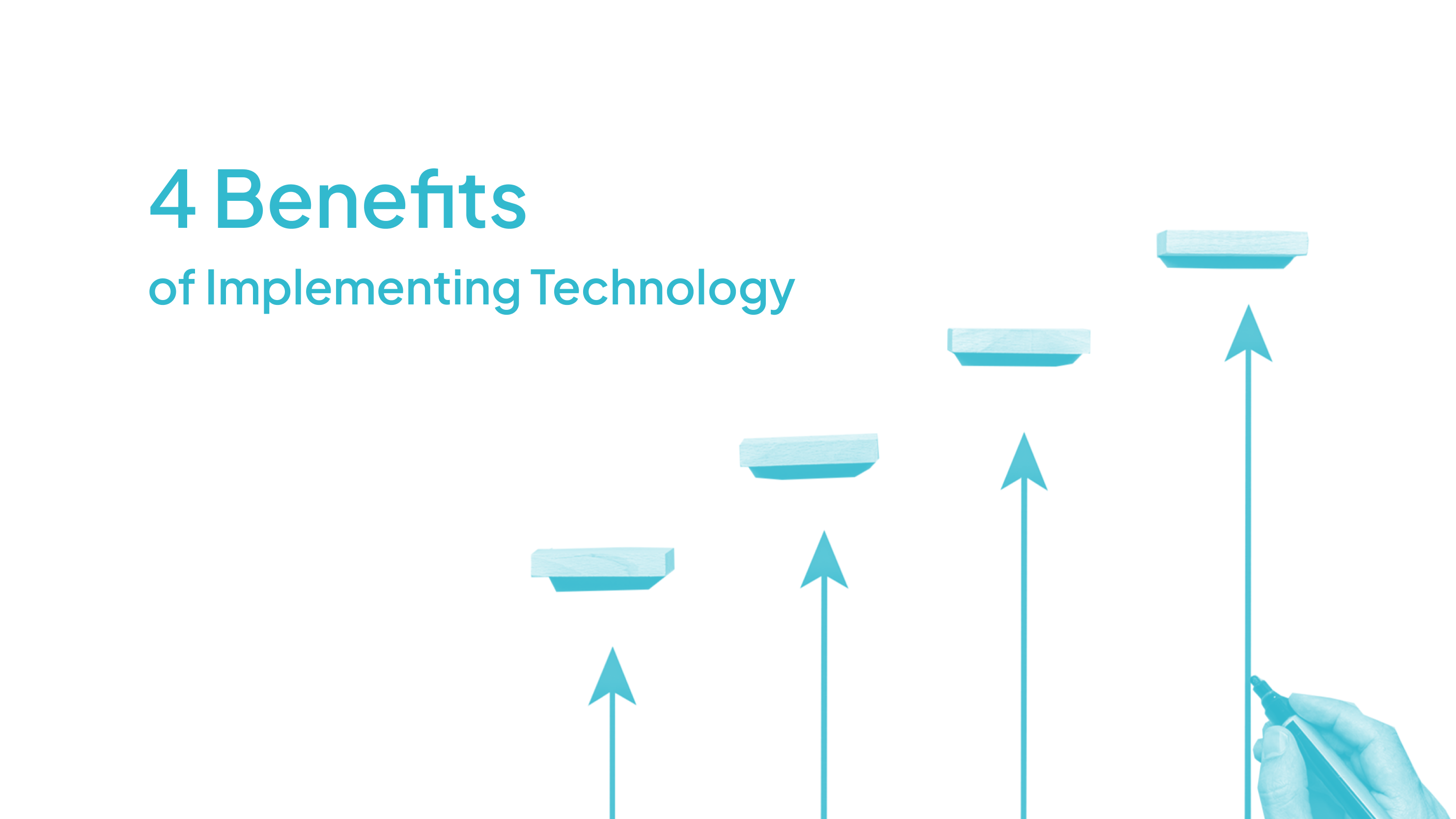
What Is Industry 4.0 and What Its Purpose
By Agastya W.
Published on May 4t, 2023
Industry 4.0, also known as the fourth industrial revolution (4IR). It is an automated production process driven by the Internet of Things (IoT) and digital technologies.
The Origin of The Fourth Industrial Revolution
The fourth industrial revolution was introduced in 2011. It was developed by a team that created a high-tech strategy for the German government. And it has been shared by the executive chairman of the World Economic Forum (WEF), Klaus Schwab, in 2015.
Referring to Schwab’s 2016 book, 4IR is the combination of hardware, software, and biology era. Where this emerging technology is expected to assist in a highly complicated human task.
To adopt Industry 4.0, there are four design principles you can follow.
1) Interconnection – This is the ability of machines, devices, sensors, and people to connect with each other through the Internet of Things (IoT).
Ex. Cloud technology, IoT, blockchain.
2) Information Transparency – Technology provides operators with comprehensive information in making decisions.
3) Technical Assistance – Systems assist people in problem-solving and help them with difficult or unsafe tasks.
Ex. Virtual reality (VR), Augmented reality (AR), 3D printing, and robotics.
4) Decentralized Decisions – The ability of cyber-physical systems to make decisions on their own (automatically).
Ex. Artificial intelligence (AI), machine learning, and advanced analytics.
This era is challenging for manufacturers, entrepreneurs, and others since digitalization in companies is necessary. Thus, implementing the four design principles will enhance its supply chain management.
Industry 4.0 Definition and Purpose
A simple meaning of Industry 4.0 is
“Transforming any business models into digital for the benefit of people”.
There are four major components of Industry 4.0 that help your business to transform.
- Computer systems
- Internet of Things (IoT)
- Cloud computing
- Cognitive computing
Digital transformation offers flexibility, simplicity, and rapidity in the manufacturing process. However, to achieve a true transformation, there are a few enablers that can be implemented in your company.
- Agile digital space – It can help workers collaborate effectively. Providing a space with different team members from different functions for co-creation.
- An agile approach – Innovation grows faster with quick iterations and continuous learning.
- An IIoT academy – The best way to enhance workforce skills is through individual-need learning programs.
- Tech ecosystems partner with related industries to power the latest technologies. Creating opportunities for innovation.
- Transformation office. This office can establish rules to support the upgrade process. Make priorities transparent and accelerate change.
- The IIOT stack. It allows for seamless integration of IIoT infrastructure. For stability and flexibility. Leveraging existing systems will provide the efficiency of technology investments.

4.0 Technologies Benefits
Based on Jaybod’s thoughts, you can have four benefits once 4.0 technologies are implemented.
1) Smart Products
A smart product will show its information: state, health, and so forth. The data improve customer service, the quality of the product, and the maintenance process.
2) Empowered People
Like artificial intelligence (AI) and sensor data, technology will help people to solve problems, monitor their activities, and prevent problems.
3) Smart Factories
It is profitable to operate smart factories with smart machines for mass production. Your company’s output can be multiplied several times over.
4) Smart Assets
When connected to IoT and analytics, you can easily manage your assets.
Now, after knowing that Industry 4.0 is beneficial to your business. Are you ready to join the digital transformation?


